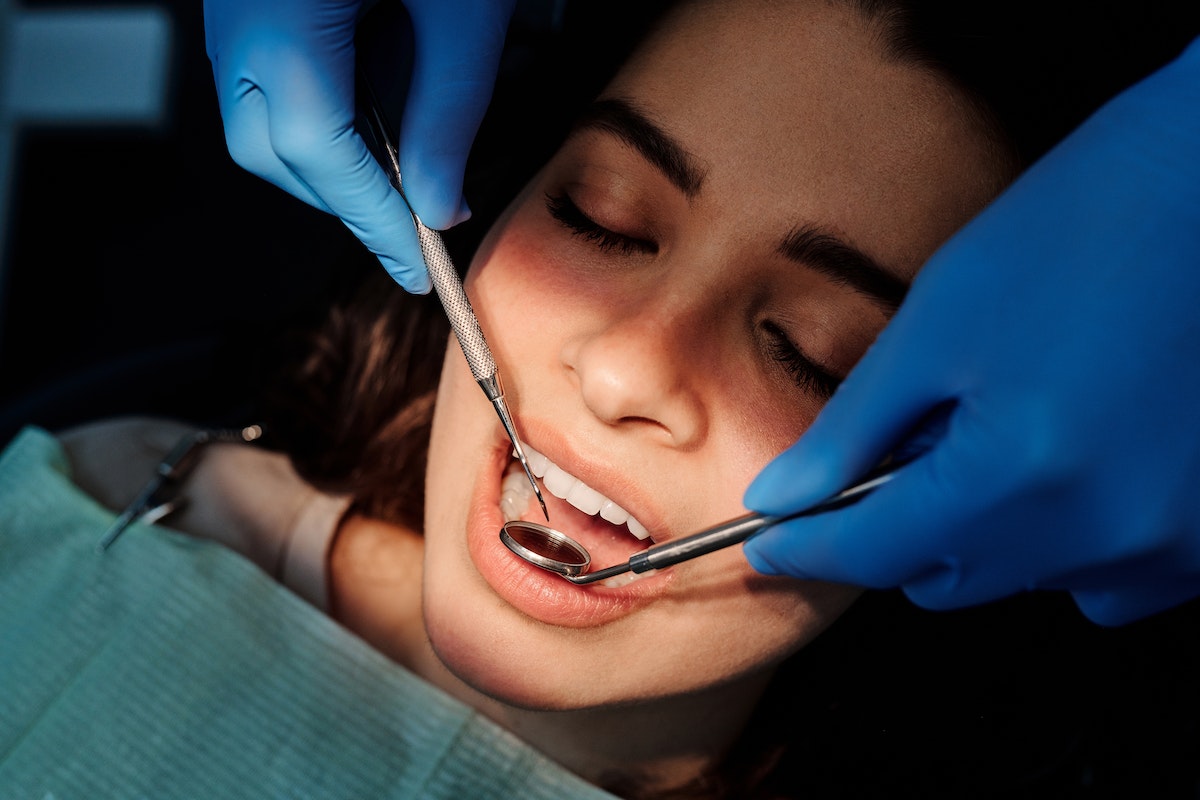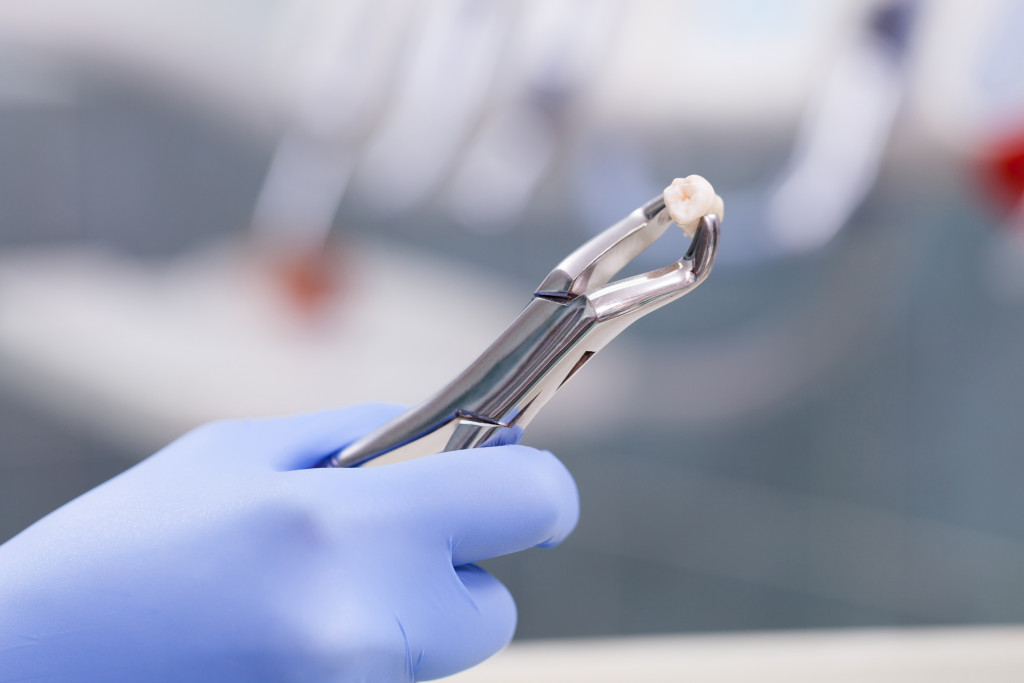Disclaimer: This website provides health information for educational purposes only and is not a substitute for professional medical advice, diagnosis, or treatment. Always seek the guidance of a qualified healthcare provider with any questions you may have.
- Persistent jaw pain accompanied by clicking sounds, limited jaw movement, and difficulty eating indicate serious issues.
- The most common cause of jaw pain is TMJ, which can be triggered by stress, poor posture, or teeth grinding.
- Dental problems such as malocclusion and impacted wisdom teeth can also lead to jaw pain.
- Seeking medical attention from a qualified professional is important for diagnosis and treatment.
If you’re experiencing jaw pain or other issues, it’s important to pay attention to the warning signs that your jaw may need medical attention. Even if the pain is minor, it can indicate a larger problem. Here’s a look at some of these signs so you can know when to seek help from a professional.
Signs Your Jaws Need to be Checked
You may not have noticed this before due to the subtlety of these symptoms, but here are a few signs you should be aware of if you’re concerned about your jaw.
Jaw Pain or Discomfort
The most common sign of a jaw problem is persistent pain or discomfort in the jaw area. This pain can vary in intensity and location, but it is usually localized around the jaw joint and the muscles around it. The discomfort may increase when eating or speaking, and it could worsen with certain movements like yawning or chewing.
Clicking Sounds
If your jaw clicks when you move it, it could indicate a joint problem. Clicking sounds are caused by the cartilage surfaces not fitting together properly, which can result in deterioration over time. It could also mean something stuck between the two surfaces, causing them to separate and break apart when moved.
Limited Jaw Movement
If your jaw has become increasingly difficult to open or close, this could indicate a more serious underlying issue, such as arthritis or degenerative disc disease. Limited movement often results from inflammation of the joints or muscles surrounding them which can cause intense pain and discomfort if left untreated for too long.
Common Reasons for Jaw Pain
If you haven’t had your jaws checked, it is important to understand the potential causes of your jaw pain. Common reasons for jaw pain are:
Temporomandibular Joint (TMJ) Disorder
This condition is characterized by inflammation of the jaw joint and surrounding muscles, which can cause a wide range of symptoms, including pain, clicking sounds, limited movement, and difficulty eating. The cause of TMJ disorder is often unknown, but it can be triggered by stress, poor posture, jaw injuries, and teeth grinding.
Dental Problems
The dental issues that can cause jaw pain include malocclusion (misaligned teeth), cavities, or impacted wisdom teeth that need to be removed. Other problems, such as periodontal disease, can also lead to jaw pain due to inflammation in the gum tissues and surrounding muscles.

Arthritis
Jaw arthritis is usually caused by wear and tear on the joint, which can weaken its cartilage and cause inflammation and stiffness. This type of arthritis often affects older adults, causing pain and limited movement when opening or closing the mouth.
Bruxism or Teeth Grinding
Teeth grinding, aka bruxism, is one of the most common causes of jaw pain and can be caused by stress or anxiety. It is characterized by grinding the upper and lower teeth together, which can cause pain in the jaw joint due to overexertion or misalignment of the jaws. Over time, this can lead to more serious issues such as TMJ disorder and even damage to the teeth.
Seeking Professional Help
If you are experiencing any of these symptoms, it is important to seek medical attention from a qualified professional as soon as possible. They will be able to diagnose your condition and develop a treatment plan that is tailored to your specific needs. Early diagnosis and treatment can go a long way in helping prevent long-term damage to the jaw joint and surrounding tissues. Here is the help that you can get from your professional:
Physical Therapy
This is done to help reduce the inflammation and tightness in the jaw muscles, which can help reduce pain and improve the range of motion. During physical therapy sessions, your specialist may recommend certain exercises or stretches designed to alleviate symptoms while addressing the underlying cause of your pain.
Medications
Your doctor may prescribe anti-inflammatories (NSAIDs) or muscle relaxants to reduce pain and inflammation. If your condition is caused by bruxism, they may also prescribe a special mouthguard that can help protect the teeth from further damage.
Surgery

In some cases, such as advanced TMJ disorder or arthritis, your doctor may recommend surgery to help repair the joint and relieve pain. Surgery is usually only recommended when other treatments have failed, as it can be costly and has a long recovery time. A qualified oral surgeon will perform the procedure and help you on your journey to a pain-free life.
If you are experiencing any of these warning signs, it’s important to seek professional help as soon as possible. Early diagnosis and treatment can go a long way in helping prevent long-term damage to the jaw joint and surrounding tissues. Don’t wait to seek help—contact your dentist or medical professional today.




